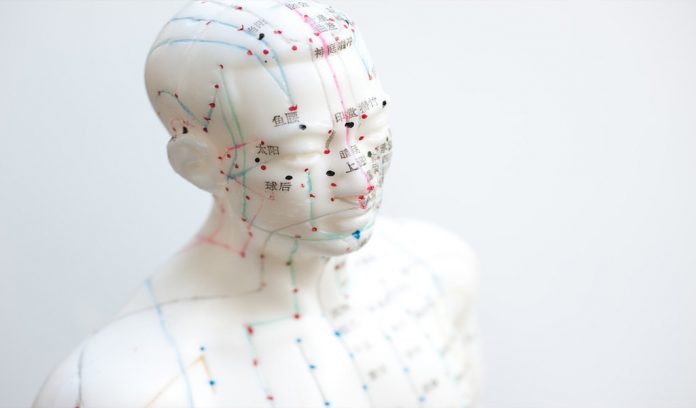
If you were a cancer patient and after having surgery, chemotherapy, or radiation therapy you’re still sick of the disease, would you consider trying an “alternative cancer treatment” offered by an alternative medical doctor or practitioner?
In this age of advanced medical technologies, the answer to that question might greatly surprise you. According to Dr. Ivy Lynn Bourgeault of the Canada Medical Association, 54% or more than one-half of people with cancer said they are currently using alternative cancer therapies. Moreover, almost 50% of those patients who use alternative cancer therapies have completely foregone conventional medical treatments in exchange for alternative methods.
These findings are highly surprising – but not that farfetched since people have started waking up to the fact that alternative healing methods might not be that “alternative” at all. In fact, here in the Philippines, our forefathers also used traditional plants and herbs to heal and cure sicknesses in their villages with the assistance of a traditional shaman or medicine man. And the same herbs and plants they used more than 500 years ago to treat the sick are the same herbs and plants we use now and incorporate into most conventional and processed medicines and treatments.
What are the typical alternative cancer treatments available on the market now? Here are some from the top of my head –
- Homeopathy
- Acupuncture
- Naturopathic medicine
- Traditional Chinese Medicine (TCM)
- Special diets (low-fat diet, raw juice diets, Palm Beach Diet, Ketogenic Diet, Mediterranean Diet, etc.)
- Energy Therapies
- Herbal remedies and treatments
- Dietary supplements (natural & plant-based)
So if conventional cancer therapies were working fine and effectively, then why is it that more than half of cancer patients had to resort to alternative cancer treatments?
What do medical doctors think of alternative cancer therapies?
A recent survey of unorthodox cancer medicine showed that 30% of oncologists supported alternative cancer treatment while 12% were neutral. Additionally, 39% of the doctors reacted with disapproval to patients’ requests to seek alternative cancer treatments, while 4% refused to treat the patient if they chose natural medicine.
This was somewhat similar to what I have experienced in the past wherein my patients faced persecution from doctors and hospitals when these so-called members of the medical profession found out that they resorted to natural medicine.
But surprisingly, this survey revealed that doctors who refused their patients’ requests to seek alternative cancer treatments did so because they didn’t have adequate information about these treatments, not because the alternative treatments were ineffective.
Additionally, 83% of the doctors surveyed did admit that more information and education about alternative health treatments should be pursued, meaning, these conventional doctors were “still open” to the idea of other ways of cancer treatment.
Another survey from Ontario and Alberta, Canada had a much kinder and practical view of alternative therapies. Their findings were 54% of medical doctors surveyed said conventional medicine could benefit from the methods and concepts of alternative medicine because a) majority of patients were not responding favorably to conventional medicine; b) patients requested for more alternative treatments; and c) alternative medicine was proven to be effective in treating certain disorders.
Clearly, there is a need to open more the lines of communication between the medical doctor and his/her cancer patient. One potential solution is to greatly support the patient’s right to choose the therapy or treatment they prefer and to provide enough information for the patient to make an informed choice. Definitely, open-ness between doctor and patient must be encouraged at all times.
Finally the kicker information and one which we have discussed before in a previous article: of a poll of medical doctors conducted by the McGill Cancer Centre, 80% of the oncologists said they would not use chemotherapy for themselves and their families if given the choice. I was really surprised by that finding.
As they said, we are perched on the best time to not just only discuss and explore alternative cancer treatments but also fight for our rights to seek and be treated by natural medicine.
How about you, do you prefer alternative or conventional cancer treatment? Share your opinions in the comments below.
Image by acupuncturebox / CC0 1.0
Copyright 2024, DoctorFarrah.com








